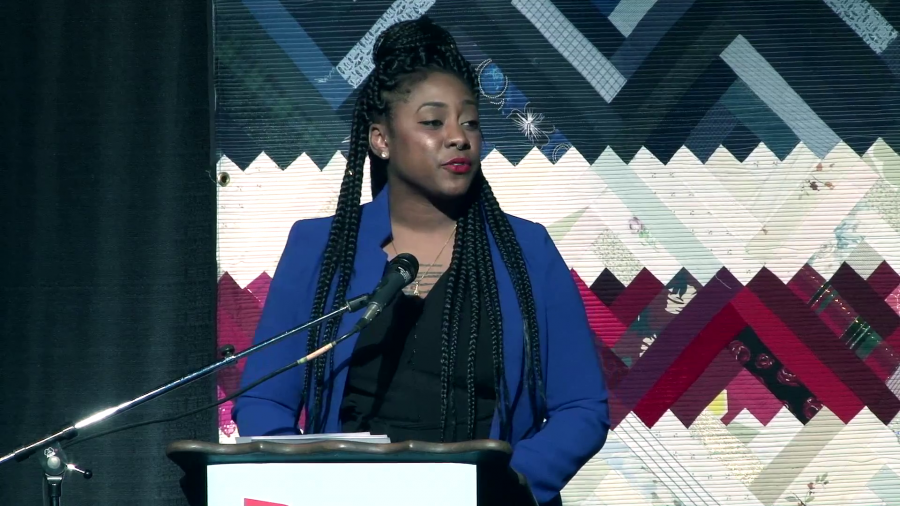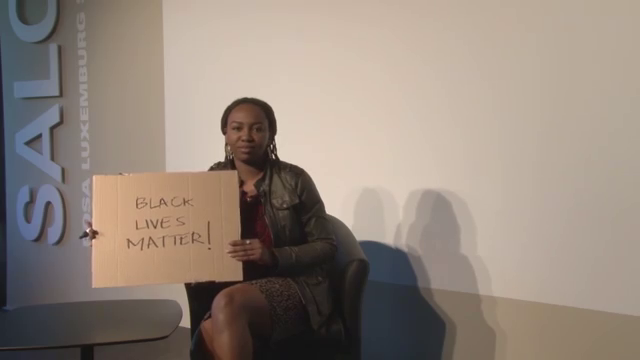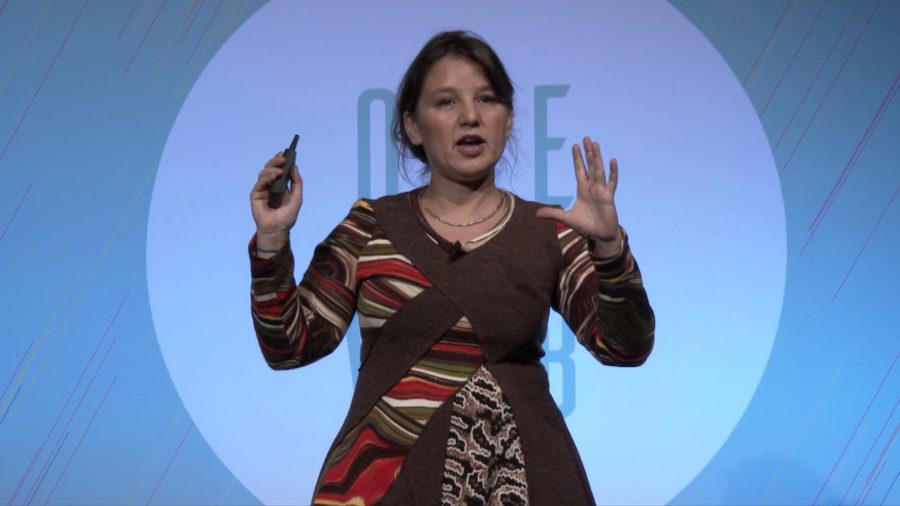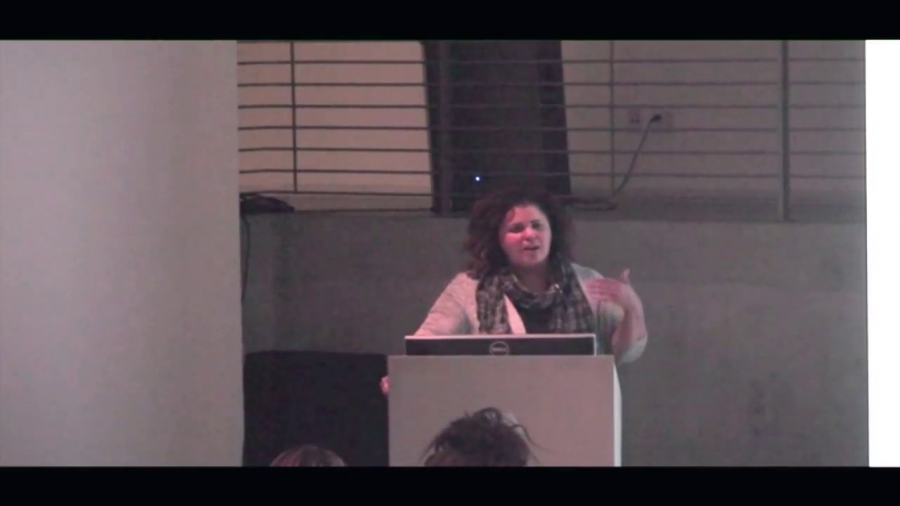There’s a lot going on in the United States, right. So there’s a legacy of structural racism that’s been impacting Black communities in the United States ever since we were kidnapped from Africa and brought to the United States. And so what we’re seeing today is actually a continuation of the racist policies and practices of the United States. We’re seeing state-sanctioned violence with impunity on black people.
Archive

Black folks have consistently been denied the rights to privilege that come with citizenship that so many of us take for granted. And that’s why so many of us are no longer satisfied with the compromises and negotiations that happen behind the scenes, that continue to leave out too many people whose lives depend on the ability to participate in the decisions that impact their lives.



